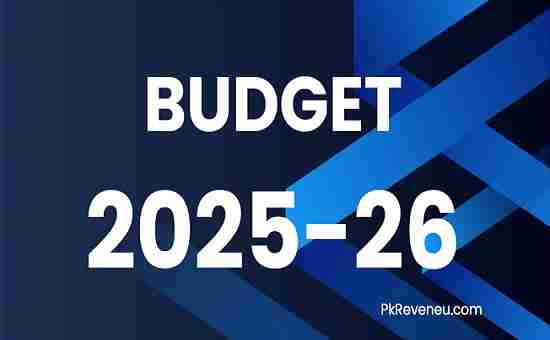Islamabad, June 25, 2025 — The National Assembly on Wednesday approved a comprehensive package of grants amounting to Rs3.55 trillion for the Finance Division, as part of the fiscal framework for the year ending June 30, 2026. The approval came during the ongoing budget session, with Federal Minister for Finance and Revenue, Senator Muhammad Aurangzeb, presenting the detailed demands.
These 14 approved demands for grants cover a wide range of fiscal responsibilities, including pensions, subsidies, development programs, and financial obligations of the federal government. Among the key allocations, Rs1.83 trillion was sanctioned under the category “Grants, Subsidies, and Miscellaneous Expenditure”, while Rs1.04 trillion was earmarked for “Superannuation Allowances and Pensions”, reflecting the government’s commitment to supporting retired public servants.
Additionally, the National Assembly approved Rs251.13 billion for “Other Development Expenditure” and Rs183.75 billion under “Development Loans and Advances by the Federal Government”. Another Rs115.08 billion was allocated for “Federal Miscellaneous Investments and Other Loans and Advances”, and Rs83.09 billion was granted for the Federal Board of Revenue (FBR), signaling a focus on strengthening revenue collection.
Further approved grants include Rs13.81 billion for the Controller General of Accounts, Rs8.69 billion for other Finance Division expenditures, and Rs4.82 billion for general operations of the Finance Division. Smaller but significant allocations include Rs101.51 million for the Revenue Division and Rs851.58 million for its development expenditure. The National Assembly also sanctioned Rs7.15 billion for the Revenue Division’s development programs, Rs1.48 billion for Capital Outlay on Federal Investments, and Rs2.1 billion for External Development Loans and Advances.
These grants play a pivotal role in implementing the federal budget for FY26, which aims to uphold fiscal discipline while supporting developmental priorities.
Senator Aurangzeb, in his concluding remarks, highlighted positive macroeconomic indicators such as declining inflation, reduced policy rates, rising foreign reserves, and a strengthening currency. He attributed growing public confidence not to official claims but to independent assessments by global agencies.
He noted that despite forecasts of debt crises and the need for mini-budgets, actual economic performance has proven more stable. Aurangzeb projected the tax-to-GDP ratio to rise to 10.4 percent, up from 8.8 percent last year, and revealed that overall federal expenditure would grow by less than 2 percent — a sharp contrast to double-digit increases in previous years.
He also underscored the importance of coordinated planning under the Public Sector Development Programme (PSDP), with the federal PSDP standing at Rs1 trillion and provincial Annual Development Plans exceeding Rs4 trillion.
The National Assembly’s approval of these grants reinforces the government’s resolve to implement fiscal responsibility, strategic investments, and inclusive growth across Pakistan.
